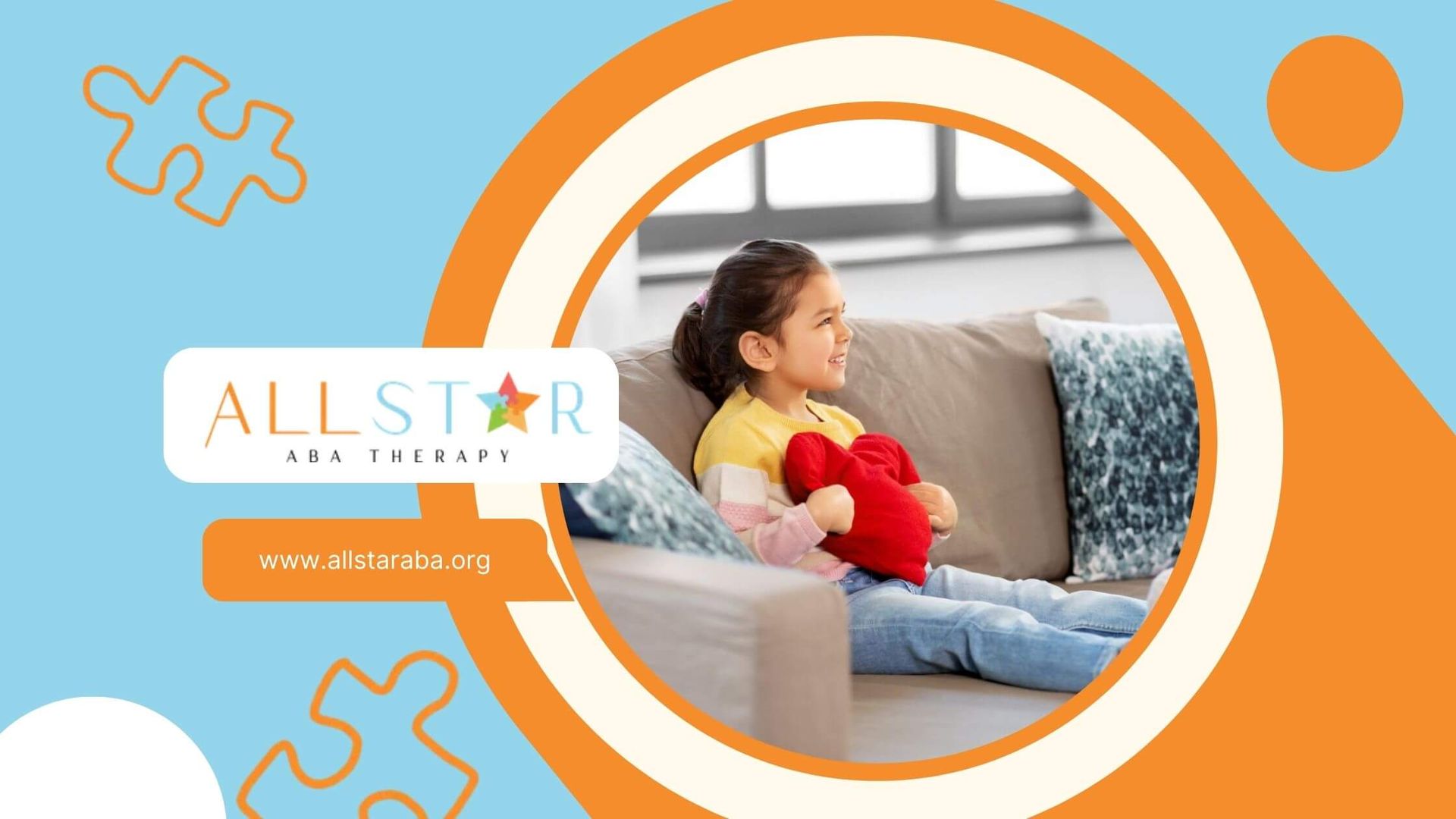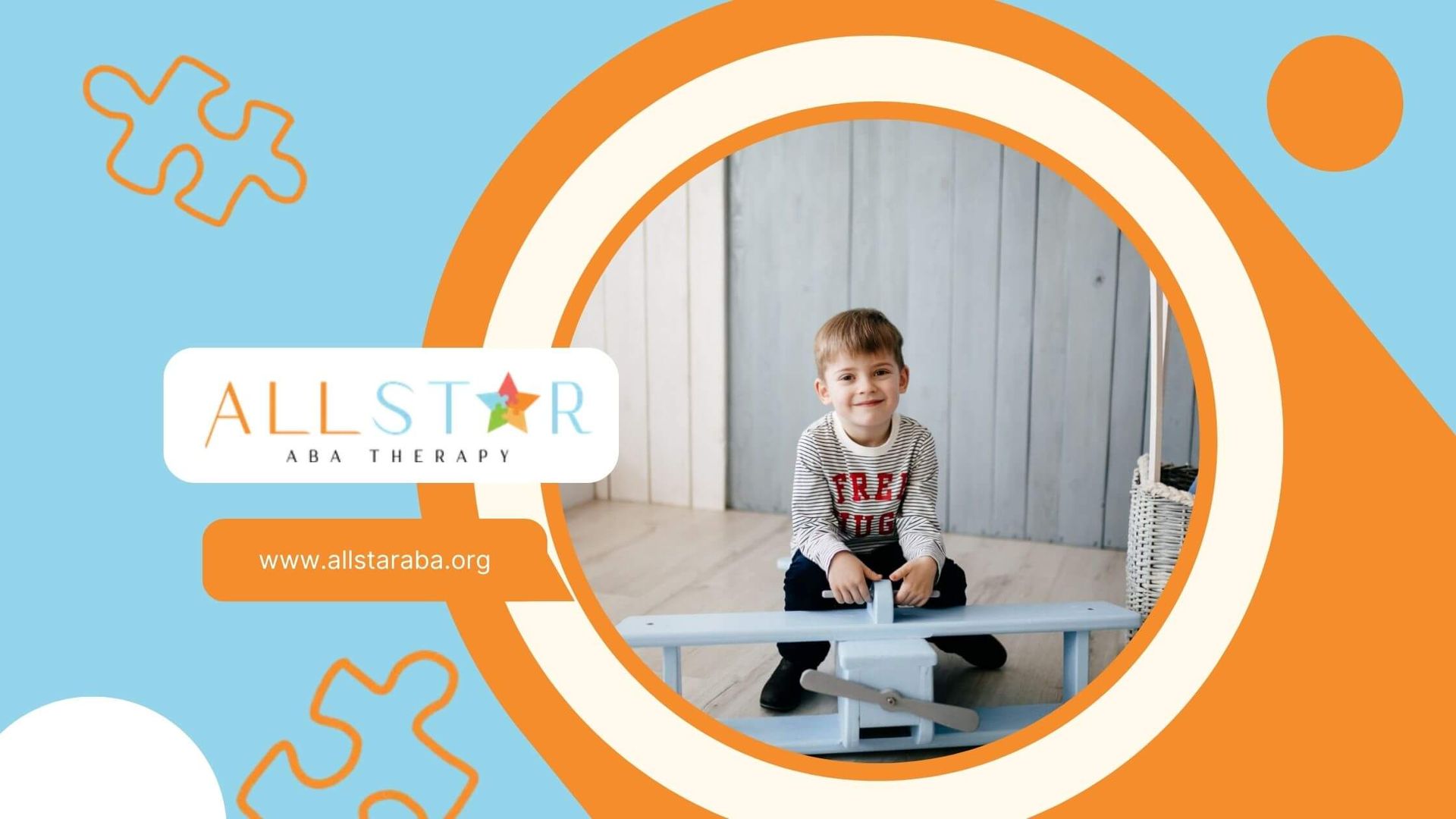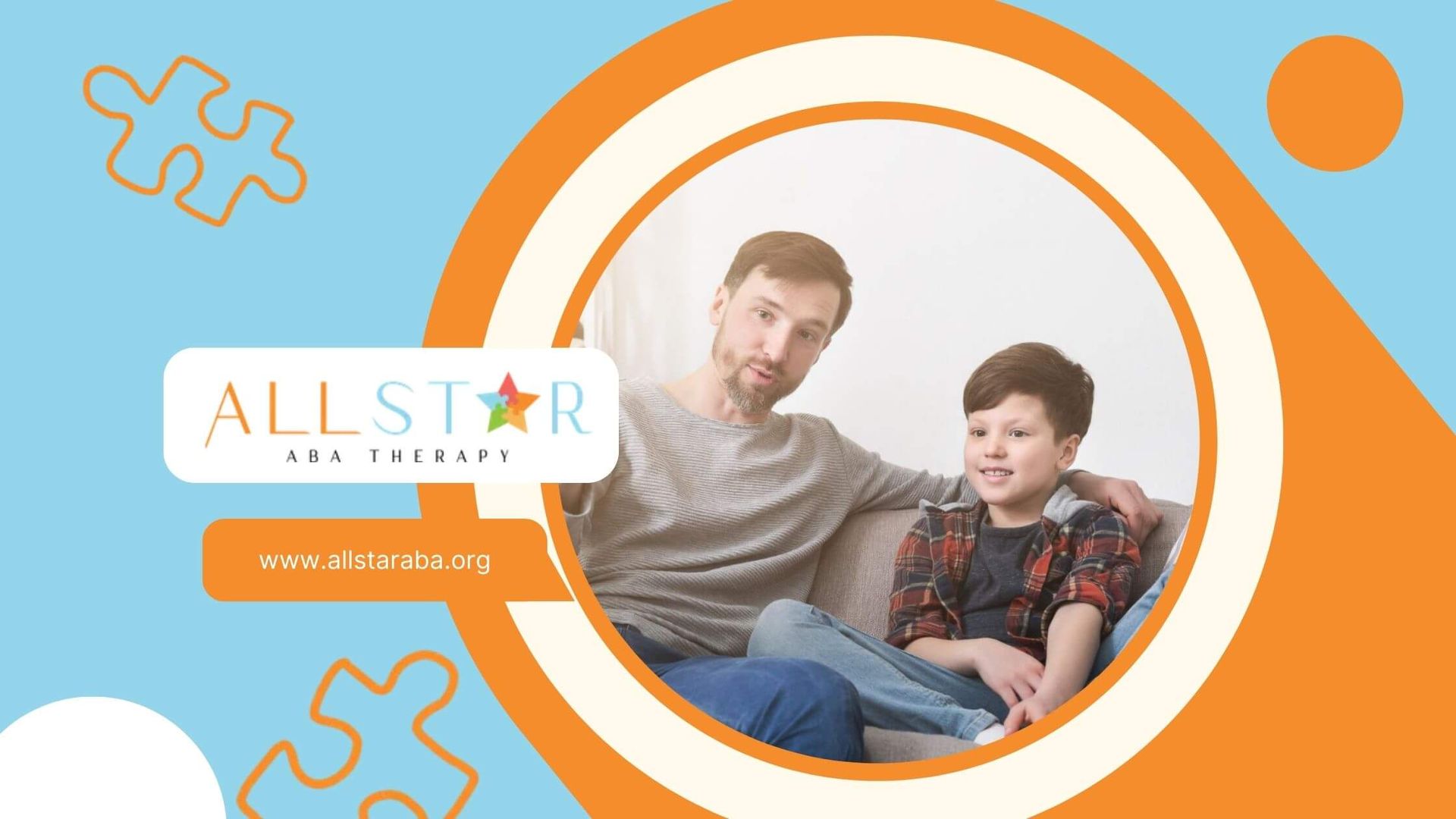New Paragraph
The Most Comprehensive BCBA Certification Programs Reviewed
Choosing the right
BCBA certification programs can shape a candidate’s expertise and career trajectory in applied behavior analysis. As demand for Board Certified Behavior Analysts grows across Maryland and beyond, prospective students need clear, reliable information about program accreditation, coursework, supervised fieldwork, and costs. This article reviews leading BCBA certification pathways, outlines key selection criteria, and compares top offerings from universities and training providers.
By the end of this guide, readers will understand how accreditation, curriculum, supervision requirements, exam preparation, and advanced designations factor into a decision. Whether a family member researching on behalf of a loved one or an educator advising colleagues, this resource delivers a comprehensive, neutral overview of available BCBA certification offerings.
Program Accreditation and Recognition
Accreditation ensures a program meets rigorous standards set by the Behavior Analyst Certification Board (BACB) or equivalent bodies. Accredited coursework sequences streamline the path to the BCBA exam and guarantee that graduates fulfill required classroom hours and task list competencies.
ABAI or APBA Approval
- Candidates should choose programs recognized by the Association for Behavior Analysis International (ABAI) or the Association of Professional Behavior Analysts (APBA).
- A Verified Course Sequence confirms that all coursework aligns with BACB’s Task List, reducing the risk of gaps in essential content.
State Licensure Alignment
Many states, including Maryland, require licensure beyond BCBA certification. Accredited programs often include guidance on state-specific regulations and paperwork. Candidates from regions with formal licensure acts benefit from programs that integrate licensure application steps into their curriculum.
Curriculum Structure and Coursework
A strong BCBA certification program balances foundational theory with applied methods. Coursework typically covers principles of behavior analysis, research design, ethics, and behavior-change procedures.
Core Course Topics
- Principles of Behavior Analysis: Foundational concepts such as reinforcement, punishment, and functional assessment.
- Research Methods and Experimental Design: Data collection, single-case designs, and analysis techniques.
- Ethics and Professional Conduct: BACB ethics code, confidentiality, consent, and scope of practice.
- Behavior-Change Procedures: Skill acquisition, behavior reduction strategies, and generalization.
Delivery Formats
Programs offer in-person, online, or hybrid delivery.
- Online programs provide flexibility for working professionals but may require stricter self-discipline.
- Hybrid formats combine live webinars with on-campus residencies for hands-on practice.
- On-campus courses allow direct interaction with faculty and peers, which some candidates find invaluable.
Case Examples and Practical
Top programs embed case studies and practicum experiences within coursework. By analyzing real-world scenarios, candidates refine assessment and intervention planning skills before entering supervised fieldwork.
Fieldwork and Supervision Hours
Supervised fieldwork bridges classroom learning with practical application. The BACB allows two pathways: 2,000 hours of supervised fieldwork or 1,500 hours of concentrated supervised fieldwork under a qualified BCBA supervisor.
Supervision Requirements
- Frequency: Supervisors must provide at least 5% of supervision time one-on-one, with additional group sessions permitted.
- Documentation: Supervision notes, goal setting, and progress assessment must align with BACB guidelines.
- Fees: Supervision rates range from $50 to $150 per hour, depending on the supervisor’s credentials and session format.
Practicum Opportunities
Programs affiliated with clinics, schools, or research centers often secure placements for students. These partnerships expose candidates to diverse populations, such as children with autism spectrum disorder, and settings like early intensive behavioral intervention (EIBI).
Monitoring Progress
Effective programs use checklists and progress trackers to ensure candidates log required hours and competencies. Technology platforms may automate supervision scheduling and documentation, reducing administrative burden.
Tuition and Financial Investment
Understanding total cost is vital for informed decision-making. Tuition varies by institution type, delivery format, and program length. Beyond tuition, candidates should budget for exam fees, materials, and supervision.
Cost Components
- Tuition: Graduate-level BCBA coursework can range from $8,000 to $20,000, depending on program duration and institution prestige.
- Examination Fees: The BCBA exam costs $245 for first-time applicants and $40 for retakes.
- Supervision Fees: At $50–$150 per hour, candidates completing 1,500 hours may incur $75,000–$225,000 in supervision costs if paid out of pocket.
- Materials and Travel: Textbooks such as Applied Behavior Analysis by Cooper, Heron, and Heward or Ethics for Behavior Analysts by Bailey and Burch are essential. On-campus residencies add travel and lodging expenses.
Financial Aid and Discounts
Some providers offer scholarships, payment plans, or tuition discounts through partnerships with universities. For example, Action Behavior Centers partners with SOFi to reduce interest rates on existing loans for teammates.
Return on Investment
With an average BCBA salary of $75,109 and top earners exceeding $90,000 annually, many candidates view certification costs as an investment in a stable, rewarding career.
Exam Preparation and Support
Passing the BCBA exam requires both content mastery and test-taking strategy. Leading programs weave exam prep into coursework and offer dedicated review sessions.
Review Workshops
Shortly before exam eligibility, candidates may attend live or recorded workshops covering sample questions, time management, and exam-day logistics. These sessions often simulate testing conditions and provide feedback on performance.
Practice Exams
Access to a question bank mirroring the BCBA exam format 160 multiple-choice items covering behavior analysis, measurement, and procedures builds familiarity and confidence .
Peer Study Groups
Programs may facilitate small study cohorts for accountability. Regular group discussions help learners clarify difficult concepts and share resources.
Exam Eligibility Tracking
Automated dashboards alert candidates when coursework, supervised hours, and application requirements are complete, ensuring they apply for the exam promptly and avoid delays.
Top BCBA Certification Programs
| Program | Coursework Hours | Supervised Hours | Exam Format (Questions) | Delivery | Notable Feature |
|---|---|---|---|---|---|
| UCSB Professional and Continuing Education | 7 courses (270 hours) | 1,500 concentrated supervised | ED X309D.5 exam style | Online/Hybrid | Emphasis on advocacy, boundary setting, led by Dr Sunny Kim |
| Regis College | 270 classroom hours | 1,500 or 2,000 supervised | BCBA exam (160 items) | Online | Verified Course Sequence accreditation |
| Drexel University School of Education | Verified masters seq. | 1,500 or 2,000 supervised | BCBA exam (185 items) | Online/On-campus | Focus on experimental design, comprehensive ethics module |
| Everest Program at Action Behavior Centers (ABC) | Integrated within ABAI | On-the-job supervised practice | n/a | Clinic-Based | Free access to supervision and training for RBTs advancing to BCBAs |
| ABAI-Accredited Universities (e.g., top 20 list) | Varies | Varies | Varies | On-campus/Online | Broad selection across research-active schools |
UCSB Professional and Continuing Education
The UC Santa Barbara program aligns directly with the BACB’s 6th Edition Task List. Candidates complete seven graduate-level courses, earn letter grades of C or better, and pass the course ED X309D.5. Dr Sunny Kim, a BCBA with a Ph.D. in Special Education, oversees curriculum design, ensuring content stays current with industry standards.
Regis College
Regis College offers a fully online, ABAI-accredited sequence of 270 classroom hours. Students choose between 1,500 hours of concentrated supervised fieldwork or 2,000 hours of standard supervised experience. The program’s Verified Course Sequence status simplifies exam eligibility tracking.
Drexel University School of Education
Drexel’s BCBA pathway integrates a specialized master’s concentration verified by ABAI. Coursework emphasizes ethical practice, experimental design, and behavior-change procedures. Candidates may attend live webinars or on-campus intensives, then complete supervised hours in diverse settings.
Everest Program at Action Behavior Centers
Ideal for Registered Behavior Technicians, ABC’s Everest Program delivers free supervision and targeted training to support professionals moving from RBT to BCBA. While coursework is aligned with BACB accreditation standards, candidates complete supervised practice within ABC clinics.
ABAI-Accredited Universities
Beyond these highlighted programs, dozens of universities offer BACB-approved sequences. Factors to compare include faculty expertise, practicum placements, research opportunities, and job placement support.
Application Steps and Requirements
Most BCBA certification programs share a common application framework. Candidates should confirm specific deadlines and prerequisites at each institution.
- Verify Eligibility
- Hold a graduate degree in behavior analysis or related field.
- Complete prerequisite coursework or VCS verification.
- Submit Documentation
- Official transcripts demonstrating completed coursework.
- Supervision plan or proof of supervisor credentials for fieldwork.
- Pay Application Fees
- Institution fees range from $50 to $200 depending on the provider.
- For advanced BCBA-D designation, a separate $105 fee applies.
- Secure Supervision
- Identify a qualified BCBA supervisor for fieldwork.
- Confirm supervision schedule and documentation methods.
- Maintain Progress
- Track coursework grades, supervised hours, and exam eligibility.
- Use program dashboards or checklists to avoid missed requirements.
Optional BCBA-D Designation Details
For BCBAs with doctoral or postdoctoral training, the BCBA-D designation recognizes advanced scholarship without granting additional privileges. Eligibility hinges on documentation and fees.
Documentation Options
- Option A: Completion of an ABAI-accredited doctoral program.
- Option B: Doctoral program from a qualifying accredited institution.
- Option C: Alternate doctoral program that meets BACB criteria.
Application Process
- Submit application form with supplemental documentation.
- Pay the $105 fee; review process begins only after payment.
- Incomplete applications expire after 90 days.
Maintenance Requirements
BCBA-D holders must meet the same biennial recertification criteria as other BCBAs, including continuing education and ethics compliance.
Conclusion
A clear understanding of accreditation, curriculum, supervised fieldwork, financial commitment, and exam support is essential when choosing BCBA certification programs. Accredited offerings from UCSB, Regis College, Drexel, ABC, and other ABAI-approved institutions each bring unique advantages.
Prospective candidates should start by listing program priorities, such as delivery format, practicum placements, or faculty expertise, and then compare accredited sequences side by side. Tracking application deadlines, budgeting for fees, and securing qualified supervision will keep the certification journey on track.
With the right program, aspiring analysts can gain the skills and credentials needed to support individuals with autism and related conditions, shaping positive behavior outcomes and advancing their professional goals.
At
All Star ABA, we believe that great professionals begin with great preparation. Whether you’re exploring accredited BCBA programs or already on your certification journey, our Maryland-based team offers supervised fieldwork opportunities, professional mentorship, and exam readiness support tailored to your goals. We’re committed to helping aspiring behavior analysts build the skills and confidence to make meaningful impacts in the autism community with
ABA therapy in Maryland.
Ready to take the next step toward your BCBA certification?
Contact us today!
Frequently Asked Questions
How do I choose the best BCBA certification program?
Look for ABAI-accredited universities offering coursework that meets BACB standards, provides supervised fieldwork options, and aligns with your learning style whether online, in-person, or hybrid.
How long does it take to complete BCBA certification?
The process usually takes 2 to 3 years, including coursework, 1,500–2,000 supervised fieldwork hours, and exam preparation, depending on your study pace and work schedule
What qualifications do I need before applying for BCBA certification?
You’ll need a master’s degree in behavior analysis, psychology, or education, completion of an approved course sequence, and supervised fieldwork experience under a qualified BCBA.
SOURCE:
https://www.bacb.com/bcba/
https://www.psychology.org/resources/bcba-meaning-career-overview/
https://www.regiscollege.edu/blog/health-sciences/how-to-become-a-bcba
https://drexel.edu/soe/resources/career-path/how-to-behavior-analyst/
https://www.reddit.com/r/bcba/comments/12vj9wc/most_affordable_bcba_certification_online_program/
Need Support?
We're Here to Help!
Our experienced team is ready to assist you. Reach out today to discuss how we can support your child's development and well-being.
Get started with expert ABA therapy today.








